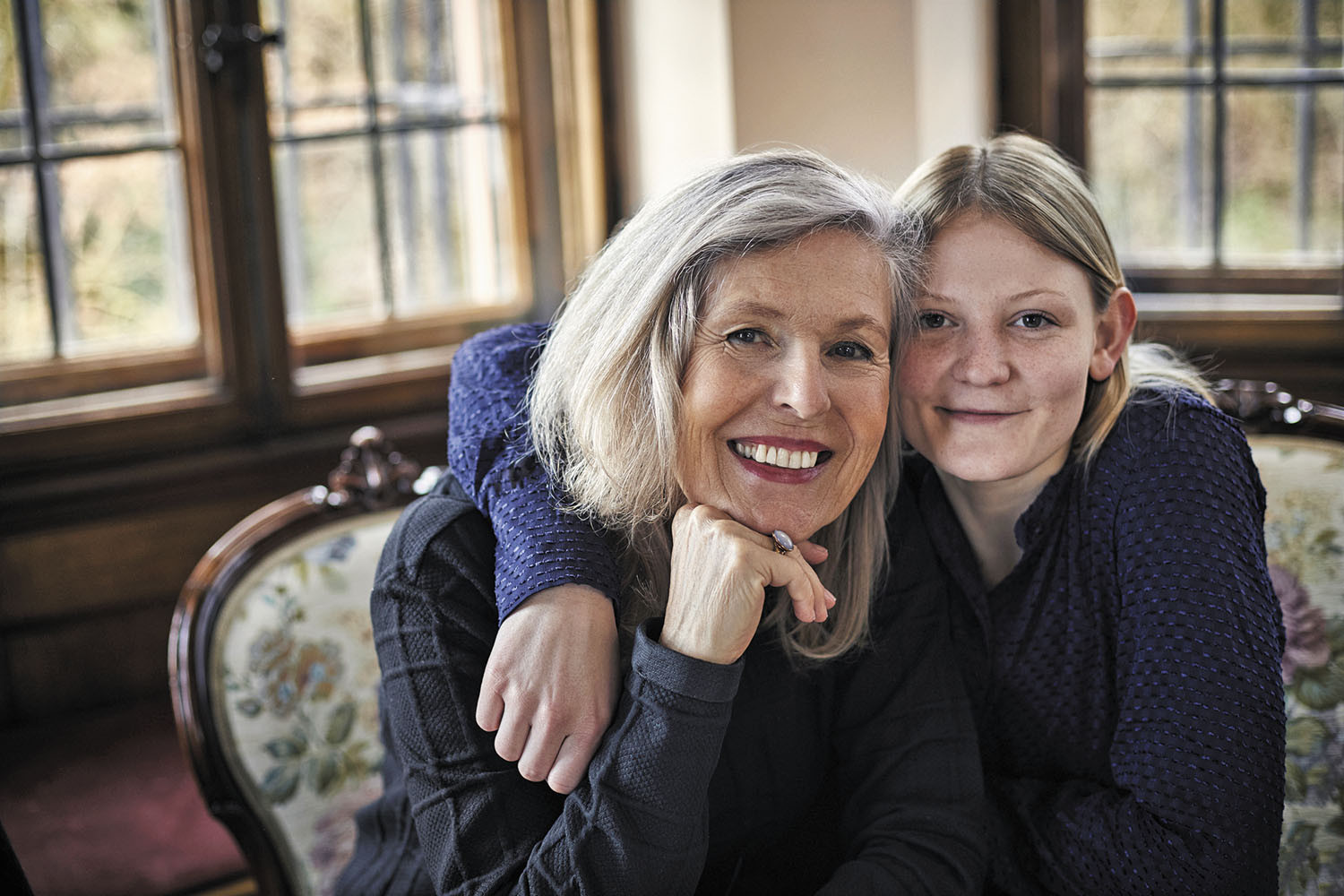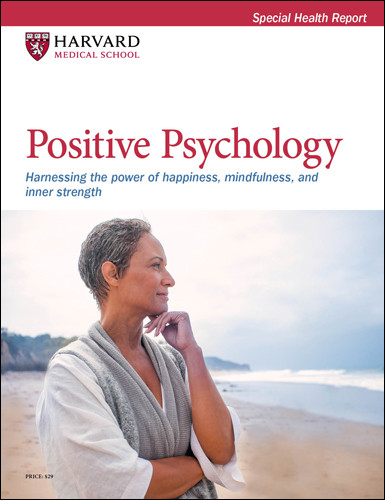Bonds that transcend age
Intergenerational friendships can yield surprising health benefits.
- Reviewed by Toni Golen, MD, Editor in Chief, Harvard Women's Health Watch; Editorial Advisory Board Member, Harvard Health Publishing; Contributor

Most friendships fall into the "birds of a feather flock together" category, joining people who mirror each other's traits and interests.
But what happens when feathered friends are very different ages? An intergenerational friendship — which typically involves an older adult and one who's 15, 20, or more years younger — is a rare bird, but it can deliver a stimulating balance of experiences, attitudes, and approaches and produce intriguing health benefits.
Making friends isn't always easy, and the effort can seem harder still if age feels like a barrier. But confining ourselves to alliances within our peer group is a mistake, says Ronald Siegel, an assistant professor of psychology at Harvard Medical School.
"We're like a fish in water with our usual social group, but it's potentially very limiting," he says. "Intergenerational friendships require us to let go of biases about generations and approach the other person with curiosity. You realize there are all different types of intelligence, insight, and awareness that are fascinating and rich because the person came of age in another era."
Boosting mind and body
Like all friendships, those between people of diverse ages appear to help our bodies and minds. A study published online March 27, 2023, by the journal Social Psychological and Personality Science suggests good friends and good health go hand in hand, lowering stress and blood pressure levels and taming spikes in blood pressure during periods of stress. "When people have relationships in which they trust one another, they thrive," Siegel says.
Younger pals might also help us maintain a more youthful outlook. Older adults with friends more than 10 years younger feel younger themselves and are more satisfied with the aging process, according to a study published online March 14, 2022, by the European Journal of Aging. And this self-perception can lead to health advantages that include living longer, earlier research suggests.
While acknowledging this potential benefit, Siegel urges a broader view. "I'm more inclined to want us to be able to embrace whatever age we are and live that to the fullest," he says. "Friendship is more about sharing our gifts and learning from one another."
Indeed, May-September friendships can open our eyes to social and cultural shifts and how they affect others at different life stages. "We can learn enormously from each other, because the same way that each culture has a wisdom and perspective others don't, each age group has that too," Siegel says. "There's tremendous value in that."
Siegel has noticed that people who don't have these types of bonds tend to cling to narrower opinions because "they're simply not exposed to views that shake them up." But a flexible mindset, he says, is a cornerstone of psychological health.
"Life is always changing, and if you're only using the same old coping strategy for every challenge, it will probably fail. But if you're able to adapt — including with aging — you're going to thrive," he says. "Anything that makes us more flexible psychologically contributes to our well-being."
Friend-making tactics
If you're interested in making friends of diverse ages, Siegel offers this advice.
Tap familiar settings. Younger and older adults often work and mingle in the same places, whether the office, community or religious groups, or exercise classes. Use your shared workplace or activities as a springboard for a deeper connection.
Take a chance. "If you're thinking about reaching out — talking to someone, inviting them to lunch, connecting in some way — but you're afraid of rejection because you're a different generation, risk it and see what happens," he says.
Aim for genuine connection. Worry less about making a good impression and more about showing true interest in the other person's life and experiences. "We should do this with same-age contacts, but it's perhaps even more important when there's a bit of a divide based on age," Siegel says. "This will form a feeling of trust and goodwill that leads to grabbing lunch, going on a walk, or hanging out together."
Image: © Oliver Rossi/Getty Images
About the Author

Maureen Salamon, Executive Editor, Harvard Women's Health Watch
About the Reviewer

Toni Golen, MD, Editor in Chief, Harvard Women's Health Watch; Editorial Advisory Board Member, Harvard Health Publishing; Contributor
Disclaimer:
As a service to our readers, Harvard Health Publishing provides access to our library of archived content. Please note the date of last review or update on all articles.
No content on this site, regardless of date, should ever be used as a substitute for direct medical advice from your doctor or other qualified clinician.
















